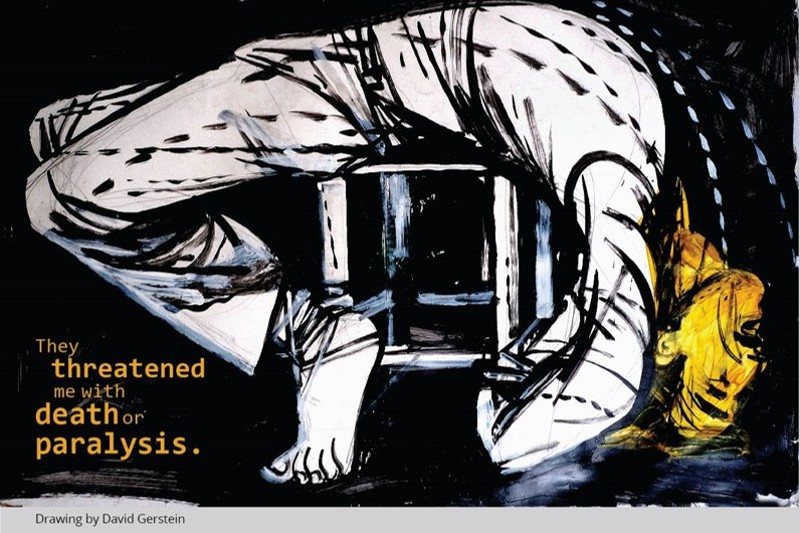Torture as a Political Technology
In addition to the significant academic contribution of this project to research of state violence and torture, the impact of this research will derive from the processing and digitising of the PCATI archive. This serves two main objectives. First, it will provide PCATI with access to organized compilations of its own data, currently inaccessible as most files are not digitized. It would also allow PCATI to share this data with relevant national and international human rights organisations, as well as international and local legal experts. Second, an anonymised and redacted version of the data, as well as processed data and reports, will be made available to policy makers and to the public at large, via a website and a series of information sheets. The website will promote outreach to broad publics in Israel and internationally. To facilitate this outreach, the launch of this website will be accompanied by workshops, run in collaboration with human rights organisations in Israel, the West Bank, the UK and the US. Finally, the database will facilitate future research, as it will be available to other scholars. The impact of this database would therefore extend well beyond the timespan of this project.
This project is funded by the Economic and Social Research Council (ESRC)
https://gtr.ukri.org/projects?ref=ES%2FV012622%2F1
DfE-funded PhD Studentship for 2022 (UK students only)
The project offers a fully funded DfE doctoral studentship, to start in October 2022. The student will join the project's research team and will contribute to the project by conducting original research. The student will be affiliated with Geography in the School of Natural and Built Environment, Queen’s University Belfast.
Possible research projects may focus, for instance, on questions pertaining to the long-term societal implications of the use of torture on the affected communities in Northern Ireland; it can look into Northern Ireland as part of a wider study of British imperialism and the role of torture in Britain colonial projects; it can offer an analysis of the social networks or modes of resistance consolidating in response to the use of torture; and much more. Candidates are encouraged to apply with a proposal that tackles a specific topic within this wide remit. We are particularly interested in proposals that range beyond the legal sphere, or which examine torture as a violation of human rights, or as an individual trauma. We are further interested in studies that are situated within the broad realm of political and critical theory. Applications should demonstrate an in depth knowledge of the political and historical context of Northern Ireland in the second half of the 20th Century and into the present day, a sound theoretical background in critical political theory and an innovative research plan.
The application deadline is Monday 28 February 2022.
Please visit FindaPhD for further details and application information.
This research project will yield two book manuscripts and two journal articles. The first book will explore the broad deployment of torture as a political technology. The second will be dedicated to understanding the impact that the servicing of torture can have on a system organised around the ethics of care.
Academic collaboration: Professor Hagar Kotef, SOAS: https://www.soas.ac.uk/staff/staff105435.php
Collaboration with civil society: The Public Committee against Torture in Israel (PCATI): https://stoptorture.org.il/en/
Goal 16: Peace, justice and strong institutions
Contact Details / Social Media
-
Project Principle Investigator: Dr Merav Amir m.amir@qub.ac.uk

